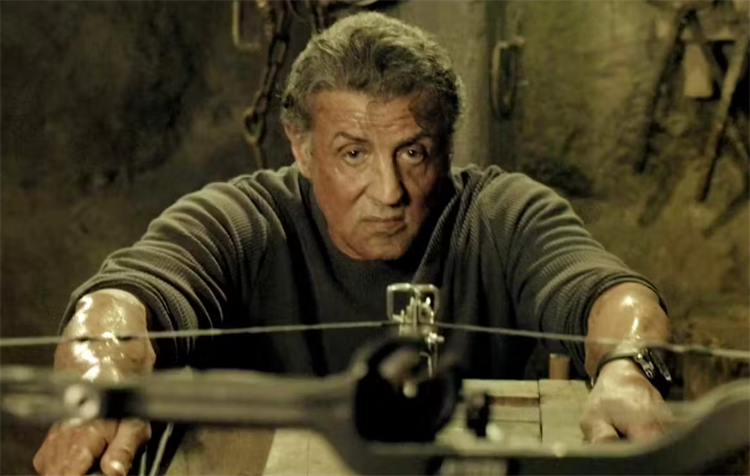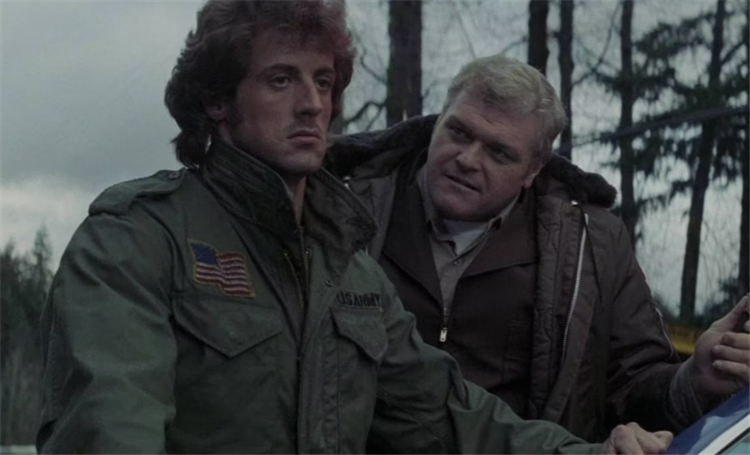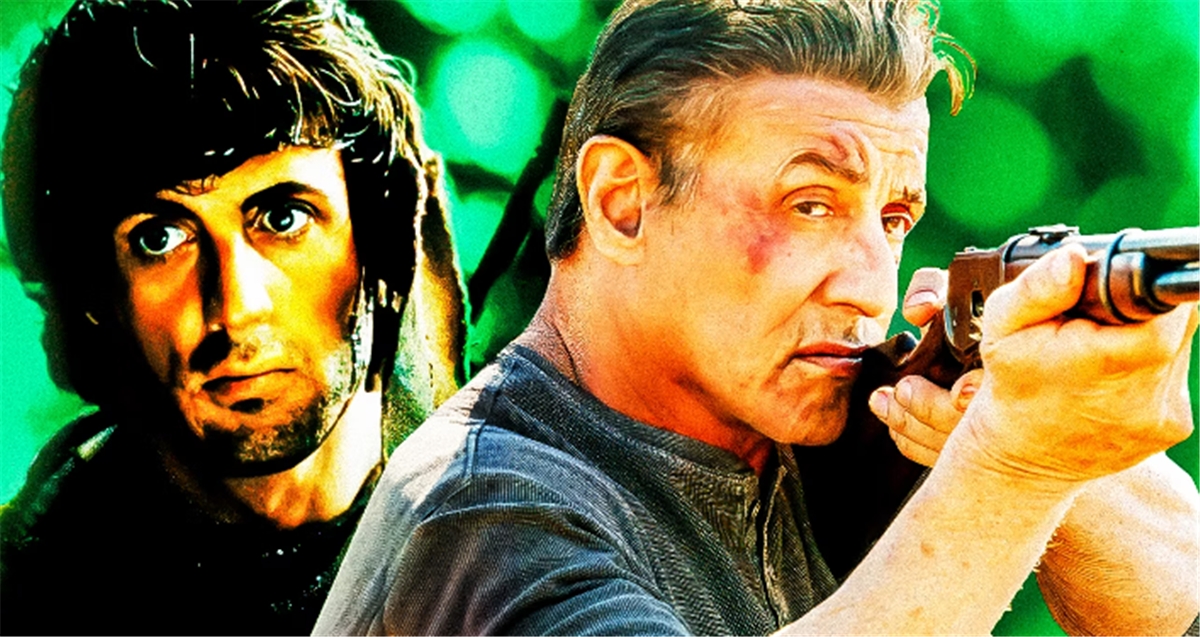Rambo: First Blood is a complex and compelling character drama that is undermined by the more bombastic approach to the Rambo franchise.
The Rambo franchise may have become a box office success, but the four later additions to the series all failed to replicate what made First Blood such a compelling film in the first place. Released in 1982 and based on the novel of the same name by David Morrell, First Blood focuses on Vietnam War veteran John Rambo as he finds himself increasingly drawn into a conflict with a small-town police force. The film established one of Sylvester Stallone’s most iconic characters and led to a franchise that would go on to make over $800 million at the box office.
However, none of the subsequent four films really did the original justice. Instead of exploring the complex and tragic themes of First Blood that make it such a strong drama, the following movies misunderstood Rambo and turned him into a killing machine. That transformation undercuts the thematic weight of the original film, which was all about exploring the dichotomy between the soldier Rambo was trained to be and the man who was left to recover from that experience. Rambo: First Blood is a terrific drama that suffers when placed alongside the films it led to.
How Rambo Changed After His First Movie
The Complex Rambo Gave Way To A Far More Basic Character

Rambo as a character was radically reinvented following the events of Rambo: First Blood, which undercut the dramatic strengths of the original film focusing on him. In Rambo: First Blood, Rambo is established as a three-dimensional tragic character. A veteran of the Vietnam War, Rambo is portrayed as a sympathetic and isolated soldier. Left backpacking his way across the United States, Rambo is shown to be a capable survivor who nevertheless can’t find stability in the modern world. His attempts to be left alone prompts more and more negative attention, especially once the police get involved.
The cruelty of the authorities spurs Rambo to escape police custody, setting off chaos and bloodshed which Rambo doesn’t want. In First Blood, Rambo is a genuinely tragic figure. This was less the case going forward, however. Rambo: First Blood Part II shifted the character, retaining his tragic origins but making him a more overtly patriotic character. Whereas Rambo tearfully recalled how the United States turned him into a weapon in First Blood, the sequel saw him return to battle and embrace his skills to rescue captured soldiers. Rambo went from a dramatic character to a bombastic action star.
How First Blood Gets Undermined By Rambo’s Success
The Sequels To First Blood Undo The Film’s Strong Moral Elements
First Blood is a strong dramatic thriller, exploring the effect that trauma has on John Rambo. That trauma made him painfully human, even as his increasingly dire circumstances force Rambo to utilize the deadly tactics he was taught as a solider. This builds to the film’s emotional finale, where Rambo tearfully deconstructs the war that took his friends and the country that spat on him for serving. It’s a dark and well-constructed juxtaposition of a skilled soldier and a traumatized man. However, the subsequent Rambo films turned John Rambo into an unstoppable killing machine, which undermines First Blood’s themes.
The dehumanizing effect the war had on Rambo is pushed aside to make room for the character’s righteous fury. War in First Blood was portrayed as a grueling and heartbreaking experience, and Rambo’s search for peace is tragic. First Blood: Part II was more black and white situation, bereft of the shades of grey that made First Blood so compelling. This simplification of Rambo continued in subsequent films, eventually turning him into a a hulking killer with little doubt in his purpose. It all undermines the internal strife and conflict of First Blood and ignores the film’s central themes.
Rambo Would Have Been Better Served As A Single Film Instead Of As A Series
Over Forty Years Later, First Blood Remains A Compelling Watch

Rewatching First Blood in light of the subsequent Rambo films highlights the tonal divide that grew between them. First Blood is a gritty character drama that underscores the pain caused by Rambo’s single kill in First Blood. Subsequent films would remove the moral complexity of the antagonists, replacing them with cartoonishly evil characters who could be reduced to bloody smears without making Rambo a monster. First Blood works better as a single film, with the subsequent movies delivering diminishing results over time. On its own, First Blood is a heartbreaking and thrilling exploration of John Rambo.
The subsequent Rambo films turned him into a far less interesting caricature, a more openly jingonistic creation that championed the ideologies that First Blood condemned. First Blood was a harsh look at the military, society, and the concept of endless war. Future films about the character turned him into a broad celebration of surface-level action and vengeance. It undermines an impressive and compelling dramatic film, and turns it into a successful if far less interesting franchise. Decades later, the first Rambo film remains a classic, while the rest of the franchise has become listless at best and problematic at worst.
